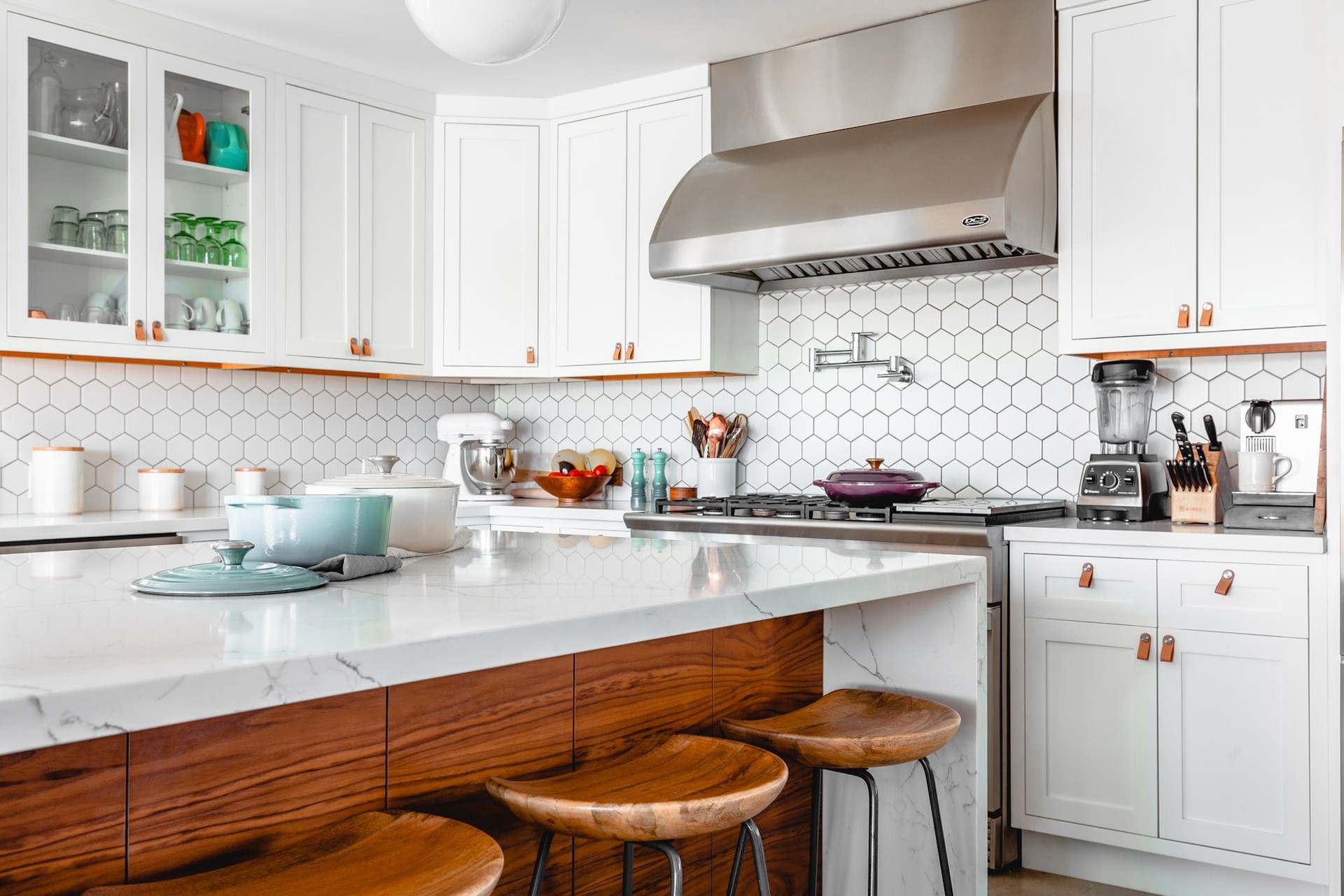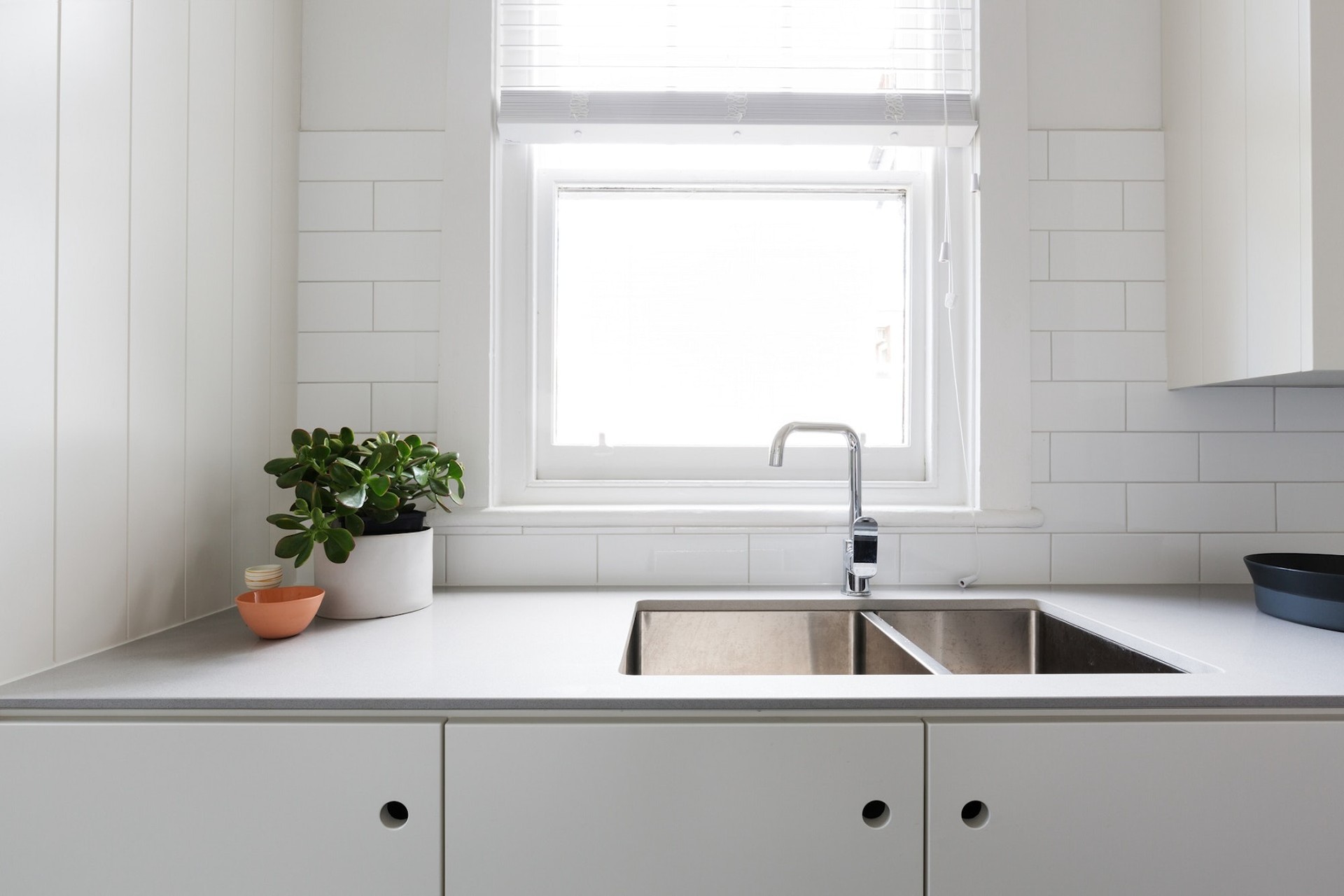Are you in the process of investing in property? The decision is both exciting and intimidating. With so many boxes to tick and important steps to take, the property buying process can be overwhelming - but it doesn’t need to be.
Breaking the process down into basic steps - such as finding a home, getting finance, and moving in - can make it a joyful experience.
Property prices in Australia continue to rise. According to Statista, “Excluding periods of economic uncertainty, the annual growth in residential house prices in the country has remained strong. The median house value in major Australian cities has continued to reach new heights, with Sydney and Melbourne leading in terms of residential property price growth.”
Getting into the real estate market means that you have to do your research and be prepared before signing any contracts. Following this step-by-step guide on how to make an offer on a house will help you find your dream abode and get the best deal.
1. Do Research
Investing in a home is a big commitment. Before making this commitment, it’s important to do your research on available properties, options for finance, and what to expect from the process.
Decide on your dream home
One of the first steps to buying a property is to decide what sort of home you want. Take care to consider a wide range of details such as location, features, age of the property, and the amount of space.
It’s important that you create a budget for your home before you begin to look around. This will save you time, and effort and make sure you stick to what you can realistically afford. When considering what you can afford, it is critical to consider interest rates and estimate whether you will be able to afford your mortgage repayments if interest rates were to rise or if your financial situation was to change.
Explore listings
Once you’ve determined the details of your dream home, you can begin house hunting. Read regular news updates and browse listing sites to familiarize yourself with what’s available on the local property market and the appropriate asking price.
It’s also a good idea to research the sale price of properties.
2. Ask the Selling Agent Questions
Finding your dream home is an exciting moment and one that can cloud judgement. Make sure that you ask the selling agent as many questions as possible about the property before making an offer.
Asking the right questions has more than one benefit. First, it will help you to confirm that the home is, in fact, your dream home. It will also provide a better understanding of the seller’s motivations and how to seal the deal.
Some ideas on questions to ask include:
- Why are the owners selling?
- How long has the property been on sale?
- What was the original selling price?
- Is the price negotiable?
If you have any other burning questions, don’t hesitate to ask the selling agent and for a full list of questions you should ask, be sure to check out our article on 10 Questions to Ask Real Estate Agents.
3. Create a Home Inspection List
Photographs can paint a beautiful picture, but a physical inspection is an essential step in the home purchase process. Before visiting the property, draft a list of details to check to help pinpoint potential problems.
These checkpoints can be maintenance issues as well as aesthetic or functional features. Each person’s checklist will be different, but here are some ideas to get you started.
- Is the stove gas or electric?
- Is there adequate cupboard space?
- Are any appliances or furniture included in the sale?
- Does the bathroom have enough ventilation?
- Does the plumbing offer enough pressure?
- Is there a history of pest infestation?
- What is the neighbourhood like?
The inspection allows you to review the home’s condition and confirm that it meets your expectations.
4. Confirm Your Loan
Before you can make an offer, you need to organise your finances. Determine the loan you qualify for and determine how fast it can be approved. Proof of funds and access to a loan could be the deciding factor for the sellers.
There are different ways to get a loan approved. At YouBroker, we believe that home loans should be more digital. Using the power of technology and benefiting from expert assistance, YouBroker allows potential buyers to find the best mortgage in a quick, affordable way. We can help you easily compare deals from multiple banks and lenders, calculate your savings and get approved with a single online application.
5. Make an Early Offer That’s Below Asking Price
They say that the early bird catches the worm, and this thought process applies to the property buying process.
Put in an early offer that is below the asking price. Armed with the knowledge that you have enough money available to secure the purchase, it’s time to start negotiating.
Consider the sale type
The manner of sale will determine the buying process. Common sale types include sale by negotiation, tender, and auction. The mechanics of your offer will largely be guided by the sale type.
Making an Offer for a Sale by Negotiation or Private Treaty
If the selling process is by private treaty, the vendor will have their asking price and multiple buyers will make their offer in writing.
The seller can then accept your offer, reject it, or propose a counteroffer. If they propose a counteroffer, bartering or negotiation follows until you reach a sale price and contract of sale that you’re all happy with.
Since the vendor has the freedom to wait for better offers, home buying can take longer than others. You might also want to place conditions such as a cooling-off period, upfront deposit amount put down, and condition of the property.
There are two types of offers: conditional and unconditional offers. Unconditional offers are not contingent on anything, so they are more appealing to sellers. On the other hand, conditional offers come with terms that the seller has to meet.
You need to think about these conditions when you write your offer.
Making an Offer on a House on Auction
A property auction involves prospective buyers bidding in an open and competitive auction. The highest bidder wins so long as the seller agrees or their reserve price is met.
If you want to avoid the whole auction process, you can make an early bid before the auction; this is the pre-auction offer.
However, a sale by auction is subject to auction rules. There is not often any cooling-off period and all offers are bid in the open during the auction, depending on the auction.
Most auctions are also unconditional, which could expose you to risks such as problems with the property or loss of your deposit if there are financing issues with your bank.
Your buyer’s agent will help you get the auction offer right. The steps you need to take include:
- Check with your agent to confirm that you can make a pre-auction offer.
- Bid early and bid high. Some agents only accept high offers before the auction. There may also be some competition from other potential buyers, so bidding early gives you a better chance.
- If you have conditions, you can provide a letter to the auctioneer with your pre-auction offer.
- If you choose to wait until the day of the auction, go in early and sit in a prominent position. Have a personal limit on the highest price you’re willing to pay and gauge how much interest other prospective buyers have.
How to Make an Offer With Conditions
Conditions in an offer could be about what time frame you have before occupying the property or conditions under which you can get out of the sale with minimal or no repercussions.
Since it will be almost impossible to get the vendor to agree to additional conditions after an offer is accepted, it is critical that you get things right the first time. Always have a solicitor or conveyancer write your conditions and legal clauses for you.
They should also read through the sale agreement before you sign to make sure that you’re safe in the transaction. Common conditions in home buying include:
- That the property is free from pests such as termites and passes pest inspection
- That systems in the house such as plumbing, electrical, and HVAC are in good working order
- That furnishings such as carpets or appliances such as washing machines come with the property
- The property passes building inspection and has no structural damage, which might require expensive renovations
- The seller gives you a specific time frame to get your home loan approved, usually 3–4 weeks
- The swimming pool, spa, and other additions are in good working order
- The offer can also be contingent on the results of a valuation by an expert
Whether you’re making an offer for a property in a private sale or an auction, it will be necessary to get pre-approval from your bank or mortgage lender. Pre-approval means that the bank or mortgage broker will agree to finance your purchase, subject to a few conditions of their own.
Pre-approval tells the seller’s agent that you’re a serious buyer and that you can pay for the property, which puts you a step ahead of others.
How to decide your lowball offer
Sellers expect a low offer when negotiating the sale of a property.
The average seller discount depends on several factors but usually ranges between 5% to 10%. Use this discount range to guide your initial offer, but make sure that you do your research on the real estate market in the area.
Put your offer in writing
An offer in writing carries a lot more weight than a verbal one. It also ensures that your agreements will be upheld. Make sure that your offer is unconditional and that you have pre-approval on your home loan.
Seek the Help of a Conveyancer
A conveyancer is somebody with expertise and experience in the conveyance (change) of titles. They are usually also real estate agents or solicitors.
The knowledge and experience of a conveyancer allow them to secure your interests when buying property. They will read through the contract ahead of your offer, help you put down your conditions in writing, and guide you through the entire process.
Make Your Offer Time-Limited
Private treaty sales are often lengthy. You can give sellers a timeline within which they have to respond, usually about 48 hours. This ensures that you get a response quickly while also closing the window for other buyers to come in with a better offer.
FAQ: The house I like is going up for auction. Should I put in a pre-auction offer?
Yes, it will not hurt to express your interest. Remember to make a strong offer and limit it to 24–36 hours.
If it is an auction, make your offer unconditional to increase the chances of the seller accepting it. However, remember to work within your financial parameters and get your bank’s pre-approval in case the seller accepts your offer.
To make sure that your offer is in the right range, go through local listings and the internet to see what similar properties have sold for. You can start with a lower price, keeping in mind that new home prices are often inflated by about 10–15%.
6. Prepare a Counter Offer
When the market is slow, there’s a chance that the seller will accept your initial offer. However, it’s a good idea to have a counter offer prepared. Once again, this offer will be determined by the value of your loan and should reflect your best price.
Take care with the timing of your counteroffer. The aim is to strike a balance between thinking the offer through and keeping the seller interested.
There are other potential outcomes that you should prepare for, including:
- The offer is rejected - an indication that the gap between your offering price was too large or the seller received a higher offer
- The offer is accepted - this is the best possible outcome and calls for celebration
- You decide to withdraw your offer - there are several stages where the buyer has the opportunity to withdraw from the sale. Keep in mind that an offer is not a legally binding contract and can be revoked if needed.
If the offer doesn’t work out, don’t get despondent. Simply revisit step one and begin your search again.
7. Review the Contract
Once your offer is accepted, it’s time to formalise the sale with a legally binding contract. In addition to taking out property insurance and finalising your loan, you need to review the contract.
During this step, it’s best to hire the services of a reliable and knowledgeable solicitor or conveyancer to confirm that all is in order. This will include a review of the following details:
Details of the sale
Several details need to be included in the contract of a sale. Such as;
- Name and address of seller and buyer
- Address of the property
- Sale price
- Settlement details
- Any part of the property that is excluded from the sale
If any of these details are missing, then the contract may not be legally valid.
Payment plan
Most buyers can’t afford to buy a home with cash and organise a payment plan to finalise the purchase instead. The details of the settlement and the conditions of the payment are confirmed in the contract.
Cooling off period
The sale of residential properties typically includes a cooling-off period. The details of these periods usually vary state by state. This is when the guidance of a legal expert can be useful.
8. Plan and Pay the Settlement
The property settlement is the final legal process that passes ownership from the seller to the buyer. The settlement date, stated in the contract of the sale, determines when the seller pays the balance of the sale price.
Normally, the settlement date is scheduled for 30 days from the contract of sale but may differ by state. The window gives buyers enough time to conduct a pre-settlement inspection to make sure that there have been no changes since the signing of the contract.
Some considerations to add to your pre-settlement checklist include:
- Checking for any major damage
- Ensure that all contractual inclusions and exclusions are as they should be
- The property is clean and tidy
- Any special conditions included in the negotiation have been met
If the pre-settlement inspection raises any concerns, it’s important to contact your conveyancer as soon as possible.
9. Move in and Enjoy Your New Home
Once the settlement has been paid, you can prepare for the move. Arrange to have the keys handed over and finalise your packing schedule. All that’s left to do is put the champagne on ice and settle into your new home!

Finance Your Home Today
Are you motivated to seal the deal with your ideal home? Financing is one of the most critical steps and needs dedicated attention. At YouBroker, we offer a new way to get a home loan. One that allows you to compare, select and confirm the best loan for you.
YouBroker allows you to get financed faster in three easy steps from the comfort of your (current) home. Visit our website to find out more and get started on your financing journey.



